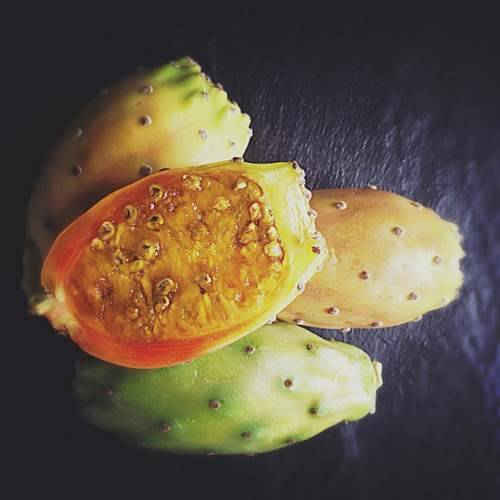
Pineapple
Pineapple is a tropical fruit that dates back to South and Central America. It arrived in Europe after the discovery of Christopher Columbus of South America; it became a luxury food, which is served only in lavish banquets. Pineapple is now available throughout It is advisable to buy pineapples when choosing pineapple fruits, which are green, with no soft spots or patches. Pineapple for green skin does not mean that it is immature. Heat the Room, but when opened, it should be placed inside the refrigerator, and if you buy canned pineapple, it is recommended to choose the types stored in pineapple juice, not sugar syrup.
Benefits of eating pineapple
Pineapple provides many health benefits to the body. The most important of these benefits are the following:
- Containing antioxidants: compounds that help the body to combat oxidative stress caused by the interaction of free radicals with cells of the body, which is linked to chronic inflammation, weak immune system, and many diseases, it is worth mentioning that pineapple is rich in antibiotics Oxidation called flavonoids and phenolic acids. Antioxidants also have the ability to survive in difficult conditions, so their effect lasts longer.
- Facilitating digestion: Pineapple contains a type of bromelain, which breaks down protein compounds, making it easier to absorb into the small intestine, so it may be useful for people with pancreatic insufficiency, a condition caused by pancreatic insufficiency To produce sufficient amounts of digestive enzymes.
- Reduce the risk of cancer: Some studies have shown that bromine in pineapple has inhibited the growth of breast cancer cells and stimulated their death. Another study suggested that this compound could stimulate the immune system to produce the most efficient white blood cells in inhibiting the growth and elimination of cancer cells. That the amount of bromelain in pineapple is not as large as in dietary supplements, and there is still a need to conduct studies on humans to confirm its effectiveness.
- Enhance immunity: One study found that children who ate pineapple were less likely to have viral and bacterial infections and children who ate the largest amount of pineapples had more granulocytes that fight disease four times more than others. Pineapple possesses anti-inflammatory properties, which help to reduce inflammatory signs in the body, which is useful for immunity to the body.
- Relieve symptoms of arthritis: Pineal bromine has anti-inflammatory properties, which are thought to reduce pain in people with arthritis, and some studies suggest that bromelain can help treat osteoarthritis. , But it is not known whether its effects are effective for the treatment of long-term arthritis, so further studies are needed to confirm this.
- Accelerate healing: Several studies have suggested that bromelain may reduce inflammation, swelling, and pain from surgery, and accelerate the recovery of the body from damage caused by high-intensity exercise.
- Helping to lose weight: Eating pineapples instead of high-sugar snacks can help you lose weight and feel fuller longer because you’re rich in fiber.
- Promote healthy eyesight: Some studies have suggested that increased intake of fruit may reduce the risk of age-related macular degeneration by up to 36%; this may be because they contain antioxidants important to eye health.
- Maintain bone health: One Cuban pineapple provides the body with 76% of the recommended daily amount of essential bone manganese. It reduces the risk of osteoporosis and improves bone mineral density.
- Reduce the risk of asthma: Studies suggest that eating certain nutrients may reduce the risk of asthma, including beta-carotene in yellow, orange or dark green plants. These include pineapple, papaya, pumpkin, mango, Broccoli, carrots, and others.
The nutritional value of pineapple
The following table shows the nutrients available in one cup, or 165 grams of raw pineapple pieces:
| Food stuff | Nutritional value |
|---|---|
| Water | 141.90 grams |
| Calories | 82 calories |
| protein | 0.89 grams |
| Fat | 0.20 grams |
| Carbohydrates | 21.65 grams |
| Food fiber | 2.3 grams |
| Sugars | 16.25 grams |
| Calcium | 21 milligrams |
| Iron | 0.48 milligrams |
| Magnesium | 20 milligrams |
| Phosphorus | 13 milligrams |
| Potassium | 180 milligrams |
| Vitamin C | 78.9 milligrams |
| Vitamin B1 | 0.130 milligrams |
| Vitamin B2 | 0.053 milligrams |
| Vitamin B3 | 0.825 milligrams |
| Vitamin B6 | 0.185 milligrams |
| Vitamin A | 96 IU |
| Vitamin K | 1.2 micrograms |
| Folate | 30 micrograms |









